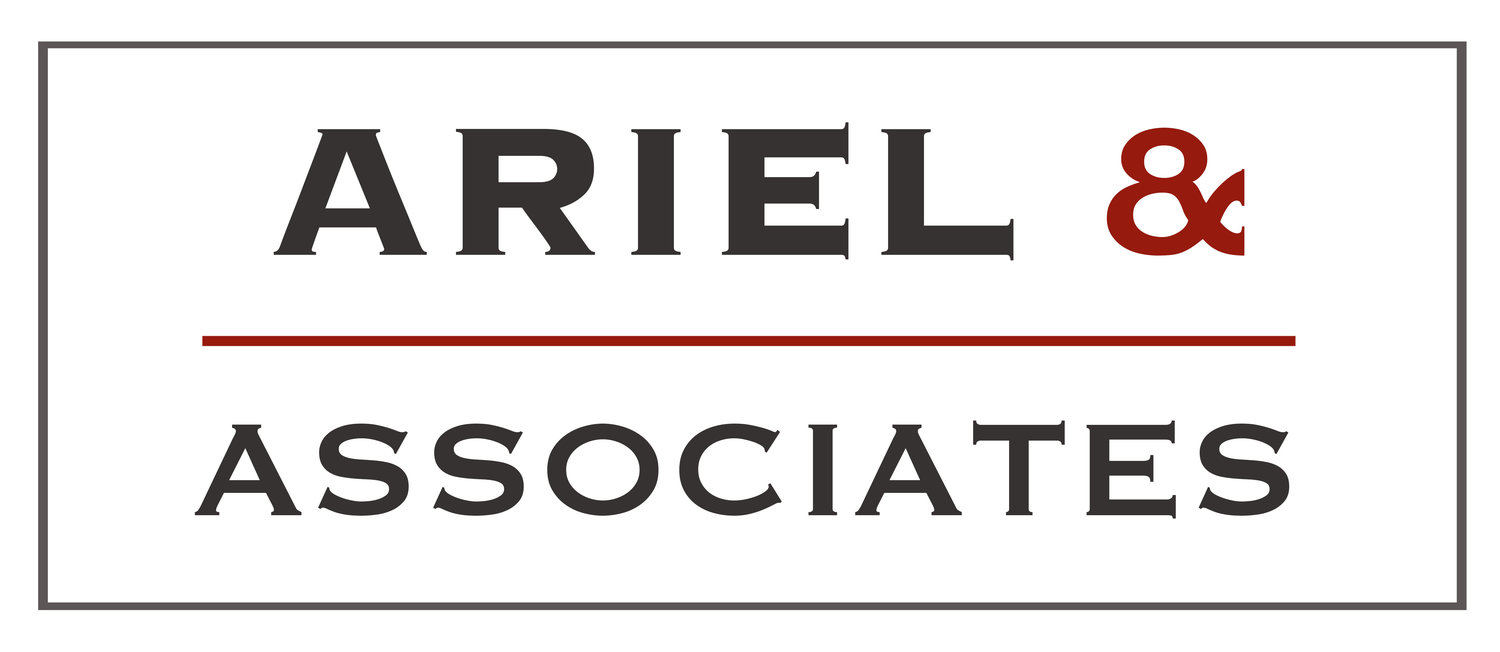I don’t like to be the bearer of bad news, but once again, I see the accounting profession about to take another hit. It’s the trifecta of body blows to accountants who operate in the SMSF field.
First it was the cessation of Accountants’ Exemption and the obligation to operate under an Australian Financial Services (“AFS”) Licence (either directly or as an Authorised Representative). Next it was the requirement for all accountants to attain RG 146 qualification not just in superannuation, but also in regard to any class of financial product advice. And now we find that a newly created body, the Financial Adviser Standards and Ethics Authority (“FASEA”) is imposing a strict benchmark on Financial Advisers.
It is important to limit the scope of what is at stake here. As I discussed in an earlier post, a Financial Adviser is one who is authorised to provide personal (that is, not general) advice to a retail client in relation to all financial products, other than basic deposit products, general insurance products and consumer credit insurance. Personal advice is defined as financial product advice whereby the provider has considered (or should have considered) one or more of the person’s objectives, financial situation and needs. This column is only focussed on accountants who operated under a limited AFS Licence and not those who provide financial planning or other similar services under a full AFS Licence.
Any accountant who provides SMSF advice to a retail client, is by definition, a Financial Adviser. Their details should already be disclosed on ASIC's Financial Advisers Register.
FASEA has proposed a number of new requirements that all Financial Advisers must comply with. There is a transitional period for current and future individuals, however, the outcomes will remain the same.
FASEA has stipulated that all Financial Advisers will need to hold a related Bachelor qualification (or higher) of a related degree. It is beyond comprehension that the accounting bodies needed to lobby FASEA to ensure that an accounting degree was deemed to be related qualification. I have already voiced my opposition to this tertiary threshold, as I have no doubt that individuals with an industry based diploma are just as competent and capable of providing sound financial product advice - a Bachelor’s degree is not an arbiter as to what constitutes good morals and ethics….but I digress. This point is not relevant for members of Chartered Accountants Australia and New Zealand (“CAANZ”) and CPA Australia (“CPA”), due to the fact that an accounting degree is a prerequisite to admission as a Member of these two industry bodies. Members of The Institute of Public Accountants (“IPA”) who are not degree qualified will need to be aware that they will need to complete a relevant degree by 2024.
Limited Licence accountants who provide personal advice to retail clients regarding the establishment of an SMSF will need to complete further study to satisfy FASEA’s new guidelines. This will involve a bridging course of three study units to meet the new standards including a Code of Ethics. Any accountant who possesses a postgraduate qualification in a related field will only need to complete a one unit bridging course covering the FASEA Code of Ethics. It is important to note that this is in addition to the current obligations as a member of their own respective accounting body.
In addition, FASEA has not taken into consideration an accountant’s extensive years of practical experience and knowledge. A bridging course covering the new standards and the Code of Ethics is a slap in the face for those accountants who have extensive experience, possess appropriate qualifications and accreditations and are required to complete at least 120 hours of continuing professional developed each triennium. At the very least, current CAANZ and CPA accountants should be grandfathered with new entrants having to undertake the required units. It is important to consider whether the CA Program or CPA Program will be accepted as a “related postgraduate qualification”. It is essential that both CAANZ and CPA lobby FASEA for this to occur so they can be included the relevant units of study - even as an additional optional unit of study.
I would go one step further and lobby FASEA to accept that its education and training requirements can be satisfied by a limited AFS Licence accounting if they meet the specific membership requirements of the CAANZ and CPA. Otherwise there is an unnecessary duplication of education standards, ongoing professional development and bureaucracy.
Should you have any queries about ASIC or other issues involving compliance, licensing, or corporate governance, please contact Jeremy Danon, director of Ariel & Associates Pty Ltd on (02) 8223 3355 or at jeremy@ariel.associates.
Author’s Disclaimer: I am a member of Chartered Accountants Australia and New Zealand. I was a member of CPA Australia. I have a Business Degree. No cricketers were harmed in the writing of this column.
